10 Tips for New Divers to Rapidly Improve
Are you a scuba diving beginner looking to improve your skills and ability? Scuba diving is an exciting and adventurous activity, and it becomes more enjoyable as you gain confidence, competence, and comfort underwater.
Making that improvement requires the right mindset, practice, and self-discipline to do things right. This article gives my tips for new divers to rapidly improve their proficiency and enjoyment when diving.
As a technical diving instructor with three decades of advanced diving experience, I am very familiar with mentoring and coaching less experienced divers to rapidly improve their diving proficiency.
The truth is that there aren’t any easy quick fixes, but with commitment and a positive mindset swift development becomes a reality.
It’s worth the effort in return for the confidence, competence, and comfort you’ll soon experience on your dives. Here are my 10 essential tips for new divers to fast-track their skills and dive safely.
1. Practice and Improve Diving Fundamental Skills
Scuba diving involves mastering fundamental skills such as buoyancy control, equalizing, and breathing techniques, all of which are critical to becoming a proficient and safe diver. First amongst my tips for new divers is to continue practicing the skills and techniques you learned during your certification course.
Dive training courses are really never quite long enough. Divers typically only have the practice time to get things right.. once. There is no scope for repeated practice that refines and ingrains skills to a subconscious level.
Whenever possible try to continue practicing your fundamental skills in a pool or controlled environment in between your dives. Find a dive buddy to practice with, or join a local diving club if one is available. Regular practice will help you maintain your skills and develop muscle memory, which is essential for safe and efficient diving.
What are scuba diving fundamental skills?
Diving requires mastering several fundamental skills to ensure the safety and enjoyment of divers. These skills can be grouped into different categories, such as buoyancy and propulsion, and include:
- Precision Buoyancy: This skill enables the diver to control their depth and position in the water column accurately.
- Horizontal Trim: Divers should maintain a streamlined horizontal position to minimize drag and reduce air consumption.
- Stability Control: Divers need to be able to maintain their position in the water, even in challenging conditions.
- Propulsion and Maneuvering: Divers need to be able to move efficiently and navigate in the water.
- Static Hover: Combine all the preceding skills to remain still at a specific point in the water whilst in horizontal trim.
- Emergency Protocols: Divers need to know how to react in case of an emergency, including air-sharing, emergency ascents, mask replacement, and regulator recovery.
Mastering these skills through deliberate practice can significantly improve a diver’s proficiency and enjoyment of the sport.
Deliberate Practice: The Key to Mastering Skills
Deliberate practice is a technique used to achieve mastery in any skill, whether it’s improving your scuba diving skill, playing an instrument, perfecting a sport, or mastering a language.
It involves focused and intentional training, receiving immediate corrective feedback, and consistently pushing oneself to progressively extend comfort levels.
Through deliberate practice, individuals can improve their abilities and achieve outstanding results, making it a crucial tool for success in any field.
Improving Scuba Diving Skills with Deliberate Practice
To improve scuba diving skills proficiency, deliberate practice is essential. Second in my tips for new divers is to incorporate regular deliberate practice into their diving lifestyle:
- Focus on weak areas: Identify areas of weakness in your diving skills and work specifically on improving them during deliberate practice.
- Set specific goals: Set specific and achievable goals for each practice session, such as improving buoyancy control or finning technique.
- Get feedback: Work with a qualified diving instructor to get feedback on your technique and identify areas for improvement.
- Repeat drills: Repeat specific drills multiple times to develop muscle memory and refine your technique.
- Simulate real-world scenarios: Practice scenarios that simulate real-world diving situations, such as emergency ascents or underwater navigation.
By making the investment to regularly incorporate deliberate practice into your scuba diving lifestyle, you can swiftly improve your skill proficiency, reduce your air consumption, and become a safer, more confident diver.
2. Cultivate Self-Reliance As A Diver
Scuba diving safety benefits from a high degree of self-reliance and personal responsibility. Second in my tips for new divers is to cultivate a mindset of self-reliance to ensure you are adequately prepared for any situation that may arise underwater.
Here are some ideas to help you cultivate self-reliance:
- Treat Every Dive as Though You Might Have to Complete It Alone. Even if you’re diving with a buddy or a group, you should always be prepared to complete the dive on your own. That means having the skills, knowledge, and equipment necessary to handle any situation that might arise.
- Understand the Dive Plan and What Will Happen on the Dive. Before the dive, make sure you understand the dive plan, including the depth, duration, and any special procedures. You should also know what to do in case of an emergency.
- Navigate and Retain Locational Awareness Even When Following a Dive Guide. Even if you’re following a dive guide, you should be able to navigate and maintain locational awareness. This will help you stay oriented and avoid getting lost.
- Constantly Monitor Your Gas Supply and Predictively Plan Ahead. Gas management is a critical part of scuba diving. You should constantly monitor your gas supply and plan ahead to ensure that you have enough air to safely complete the dive and surface with a reserve.
- Equip Yourself with the Dive Gear Needed to Resolve Foreseeable Emergencies. It’s important to be prepared for emergencies. Make sure you have the necessary gear, such as a cutting device for entanglements, a DSMB and spool for marking your ascent location on the surface, and a redundant pony cylinder for regulator failures on deeper dives.
By cultivating self-reliance, new divers can better manage risks and enjoy their dives with greater confidence and peace of mind.
Gas Management For Scuba Divers
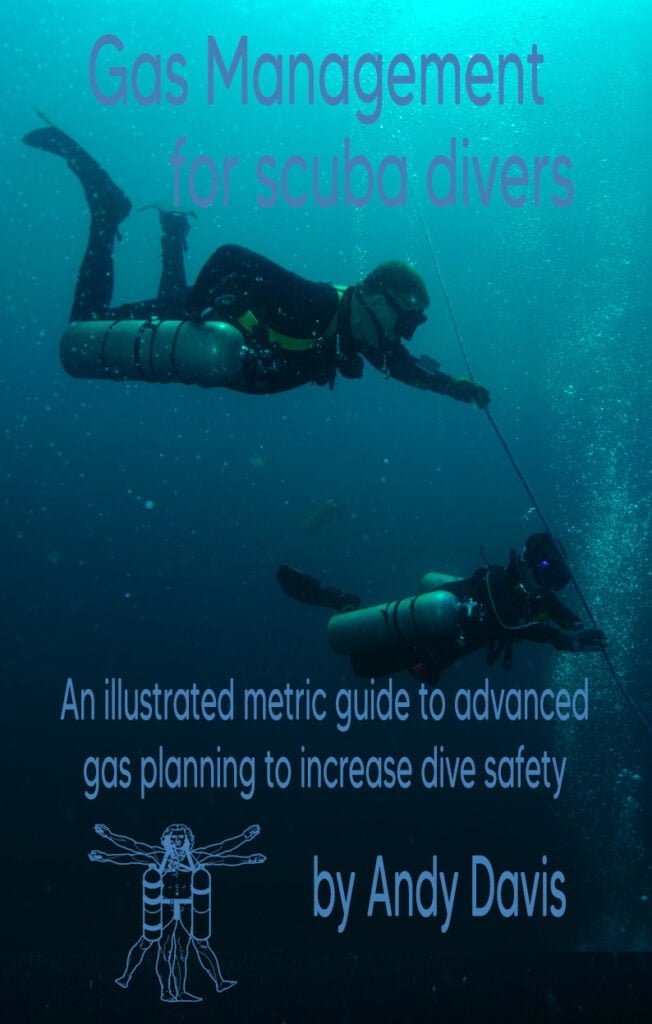
The comprehensive, illustrated, metric guide to advanced gas planning and management for safer scuba diving. Only $9!
60 Pages. Printable PDF format. Fully Illustrated.
3. Learn and Apply Diving Gas Management
Gas management is a crucial skill for scuba divers, and it needs to be diligently applied on every dive until it becomes second nature. Unfortunately, many scuba diving certification courses don’t teach proper gas management. It features high in my tips for new divers because of that neglect. Here are some important points to keep in mind when learning and applying gas management:
- Calculate your SAC rate – this is the amount of air you consume per minute and will help you estimate your gas consumption during a dive.
- Calculate the gas volume of your cylinder/s – this will allow you to know how much gas you have available for your dive.
- Calculate gas duration for your dives – know your consumption at the planned bottom depth. This will help you plan how long your dive can be with the gas available in your cylinder.
- Calculate the minimum amount of gas to ascend – Know how much gas is needed to get yourself and your buddy to the surface if having to donate gas to them in an emergency. This is known as ‘rock bottom’ gas pressure and is a critical calculation to ensure that you and your buddy have enough gas to safely ascend to the surface in the event of an emergency.
By mastering gas management techniques, you will be able to better plan and execute your dives, avoid running low on gas, and ensure a safe and enjoyable diving experience.
Gas Management For Scuba Divers

The comprehensive, illustrated, metric guide to advanced gas planning and management for safer scuba diving. Only $9!
60 Pages. Printable PDF format. Fully Illustrated.
4. Optimize Your Dive Weighting
When it comes to scuba diving, achieving neutral buoyancy is a fundamental skill. However, many beginner divers are often heavily weighted when they first start diving. This can cause a number of issues, including difficulty controlling buoyancy, an increased risk of fatigue and air consumption, and even potential injury. Here are some tips for new divers to help you optimize your weighting:
Optimizing your weighting is a crucial aspect of scuba diving that can significantly enhance your buoyancy control and overall dive experience. However, many beginner divers tend to be very heavily weighted, which can lead to a range of issues such as poor buoyancy control and excessive air consumption. Here are some key points to keep in mind when optimizing your weighting:
- Reduce weight to the bare minimum. Reducing your weighting can result in less gas in your BCD, which in turn makes it easier to control your buoyancy, especially during ascent.
- Use a post-dive shallow weight check. The best way to fine-tune your weighting is by conducting a post-dive shallow weight check to determine how much weight you need to maintain neutral buoyancy at the end of a dive.
- Refine your diving weighting. It is important to constantly assess and refine your weighting over time, as your skills and experience improve, and you become more relaxed underwater, you will likely need less weight.
- Re-assess weighting after dive gear changes. A comprehensive weight check should be conducted whenever you change your scuba equipment, including BCD, wetsuit, or cylinder.
By optimizing your weighting, you can significantly enhance your diving experience, making it far easier to control your buoyancy, conserve air, and enjoy feeling more secure and comfortable on your dives.
5. Refine Your Diving Equipment Configuration
Your scuba diving equipment is critical to your safety and comfort while diving. Refining your equipment configuration can help you achieve better performance and efficiency while diving. Here are some tips to help you refine your equipment configuration:
- Attention to Detail. Paying close attention to the details of your equipment configuration is crucial. Every strap, buckle, and clip should be properly adjusted and secured so that it doesn’t dangle and get in your way. Be observant of gear-related issues that cause you frustration when you are diving. Take the time to resolve those issues before you go diving again.
- Streamlined and Clean. Having streamlined and clean gear is essential to avoid excess hoses, clips, or accessories that can get tangled or move around so that they are not easily and immediately accessible. Consider changing your regulator and BCD hoses if different sizes make them more manageable. Tie your SPG to a boltsnap and clip it to a BCD D-ring. Investigate getting a regulator necklace as an improved method of stowing your octopus regulator.
- K.I.S.S. Philosophy. Applying the K.I.S.S. (Keep It Super Simple) philosophy to your dive gear can reduce task loading on dives, making everything else easier. It can have profound benefits if an emergency does occur during your dive. Stick to the essentials and avoid overcomplicating your gear with unnecessary accessories or gadgets. When purchasing scuba gear, place a high priority on simplicity; equipment that does its intended job with nothing superfluous in the design.
- Gear That Works for You, Not Against You. Investing in dive gear that works for you, not against you, is important. Diving beginners are prone to believe there is an appeal in equipment that promises to compensate for fledgling dive skills. Avoid gimmick functions that offer to make your diving easier. Equipment doesn’t fix skills problems. Equipment complexity does not create diving simplicity.
By following these equipment tips for new divers, you can refine your diving equipment configuration and optimize your underwater experience. Remember to always prioritize safety and enjoyment when diving.
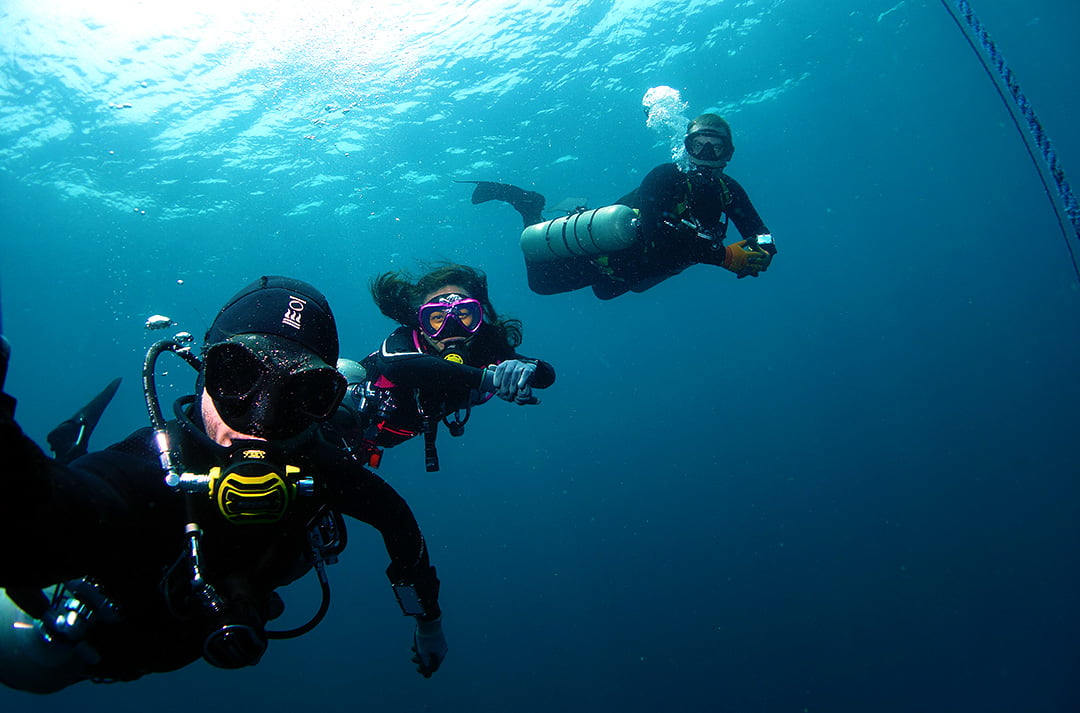
6. Be Conscious of Your Situational Awareness
Scuba diving can be unpredictable, and a diver’s safety is dependent on their ability to recognize and adapt to changing situations. Task loading and stress degrade your situational awareness; your conscious mind can only focus on one thing at a time. If you follow the earlier tips in this article, it should help you improve your situational awareness. However, situational awareness should be considered a skill, and it is something that you have to consciously work on to improve. Here are some tips to help improve your situational awareness:
- Stay Alert: Always keep your eyes open to your surroundings. Be aware of the underwater environment, what your dive group is doing, your location, and your no-stop time, depth, and gas supply.
- Plan And Visualize: Make a dive plan with your team and stick to it. Having a detailed plan to follow, which you have visualized pre-dive, makes deviations and mistakes glaringly obvious to notice.
- Be Observant: Reducing task loading through skills practice and equipment optimization increases your mental capacity to observe your surroundings. Try to discipline yourself to remain vigilant at all times.
- Think ahead: Cultivate the habit of forward-thinking the next stage of your dive. It’s tempting to “live in the moment” when diving, but learn to designate some mental focus on what you’ll have to do in the near future.
- Imagine the worst: Occasionally during your dive, spend a moment imagining how you would respond if a hypothetical problem occurred. Be as detailed as possible; the more you practice doing this, the more detail you will be able to imagine. Making this a regular habit has profound benefits if a real emergency does arise.
- Monitor Your Air Supply: Keep track of your air consumption and communicate it regularly with your dive buddy. Exaggerate doing this process until it becomes ingrained as a subconscious function.
- Know Your Limits: Recognize your own limitations and understand that pushing the limits of your skillset or comfort zone will deteriorate your situational awareness on a dive.
Try to develop the capacity to assess the level of your situational awareness during dives. Note when you become distracted or suffer from tunnel vision from task loading or stress. You can only rectify deteriorated situational awareness by observing when it has become impaired. If you make a habit of doing this self-assessment, it will soon become a subconscious process that occurs constantly throughout your dives.
7. Develop Stress Resilience
Stress and anxiety can be common among scuba divers, especially beginners. One of my tips for new divers is to develop stress resilience as an important aspect of dealing with stressors you may encounter when scuba diving. This involves building the capacity to adapt to and overcome adversity and bounce back from challenging situations.
If you’re looking to improve your ability to stay in control during high-pressure diving situations and deal with alarming problems calmly and efficiently, then developing stress resilience is a must. And while it does require some effort and determination, the good news is that there’s a framework you can use to make it easier:
The 4 Cs of Stress Resilience
Control When it comes to stress resilience, control is crucial. This involves being able to manage your emotions effectively and staying focused on what you can actually influence. To develop a greater sense of control, you may need to work on things like adopting a growth mindset, reframing negative thoughts, and setting realistic goals.
Commitment Another key aspect of stress resilience is commitment. This means having a strong sense of purpose and being willing to persevere even when things get tough. To develop greater commitment, you may need to spend some time identifying your values, establishing clear priorities, and building habits that support your goals.
Challenge If you want to become stress resilient, you also need to be willing to embrace challenges. This involves seeing difficulties as opportunities for growth and pushing yourself outside of your comfort zone. To cultivate a greater sense of challenge, you may need to focus on cultivating a growth mindset, seeking out new experiences, and being open to feedback and constructive criticism.
Confidence Finally, stress resilience requires confidence. You need to be able to believe in your ability to succeed and bounce back from setbacks. To develop greater confidence, you may need to focus on your strengths, learn from your failures, and surround yourself with supportive people.
To put these ideas into practice, it’s important to work on all four Cs regularly. This may involve setting small goals and gradually increasing their difficulty, seeking out feedback and support from others, and building a strong network of people who believe in you. With time and effort, you can cultivate greater mental toughness and achieve your goals with more ease and confidence.
To help develop stress resilience, there are also several diving-specific strategies that you can employ:
- Practice Breathing Exercises: Take deep, slow breaths to calm your mind and body. Focus on your breathing and slow your heart rate. Try not to enter the water carrying stress from your day-to-day life. If you’re already stressed, you will have less psychological and emotional control when problems occur.
- Visualize The Dive: Imagine yourself on the dive, including any challenging skills or contingency scenarios. This ability improves as you gain experience, and primes your brain for effective responses when the dive is conducted.
- Recognize And Confront Your Triggers: Identify situations or factors that trigger your stress or anxiety, such as the fear of mask removal, and develop coping strategies to manage them. Use your deliberate practice to target these triggers; exposure increases familiarity which allows your brain to discount the issues and not react to them as strongly.
8. Act as a Diligent Buddy
A dive buddy is essential for safety and enjoyment while scuba diving, yet good buddy skills are often among many new divers’ most neglected skills. Here are some tips for new divers on being diligent dive buddies:
- Stay Close: Always stay within arm’s reach of your buddy while diving. This will ensure that you can quickly provide assistance in case of an emergency.
- Communicate Effectively: Use clear and concise communication to inform your buddy of your location, air supply, and any potential issues or hazards.
- Intervene To Avoid Problems Occurring. If you are vigilant, you will see small issues before they escalate into major problems. Aim to intervene early so that only small, seemingly insignificant, measures need to be taken.
- Check Your Buddy: Regularly check on your buddy’s well-being, air supply, and general comfort level. This will help prevent potential problems from escalating.
- Be Prepared: Carry a spare mask, whistle, and cutting tool in case of emergency. Retain a sufficient gas reserve to donate for a safe ascent. Think through potential emergencies before diving so that the right response is fresh in your mind.
- Know Your Buddy’s Limits: Recognize your buddy’s limitations and adjust your dive plan accordingly. Never push your buddy beyond their comfort zone or skill proficiency so that they lose awareness or become stressed.
- Don’t Be Hesitant To Abort Dives: If you observe that your buddy is struggling, or if your intuition tells you that a situation is beginning to spiral out of control, do not hesitate to thumb the dive. You might need to overcome your ego to do that. Aborting dives saves lives.
Proactively embracing more responsibility for your buddy, steers you to become a better all-around diver. Do not neglect the buddy system, but rather embrace it and train your mindset to maximize it.
9. Create and Brief Dive Contingency Plans
Scuba diving can be unpredictable, and it’s important to have contingency plans in place in case of an emergency. Here are some tips for creating and briefing contingency plans before you dive:
- Plan for the Worst: Develop dive contingency plans for potential emergencies, including lost divers, dive equipment failure, and out-of-air situations.
- Communicate the Plan: Discuss and explain the dive contingency plans with your dive buddy before entering the water. Make it a collaborative process and seek their input and ideas.
- Agree on the Plan: Agree on the dive contingency plans with your team before the dive. This will help ensure that everyone knows what to do in case of an emergency.
- Stay Calm: In the event of a dive emergency, stay calm and follow the contingency plan. Panicking will only make the situation worse.
Here are some diving contingencies to consider:
- What will you do if you get separated from your buddy?
- What will you do if you run low on air?
- What will you do if there’s a regulator malfunction?
- What will you do if a weight belt is dropped?
10. Review your dives to learn lessons
Finally, one of the best ways to become a better scuba diver is to review your dives and learn from them.
Here are a few things to think about when reviewing your dives:
- What went well during the dive?
- What could have been done better?
- Did you encounter any challenges or surprises?
- How did you handle those challenges?
- What did you learn from the dive that you can apply to future dives?
- Did your dive gear cause you frustration or distraction?
- Can you identify skills or procedures that need to be polished?
By taking the time to review your dives and learn from them, you can continually improve your skills and become a more confident and competent scuba diver.
Apply These Tips For New Divers
Becoming a skilled scuba diver takes time, effort, and dedication. By following these 10 essential tips for new divers can improve their skills, build their confidence, and get the most out of every dive. Remember to always prioritize safety, practice good judgment, and keep learning and growing as a diver. Happy diving!
About The Author

Andy Davis is a RAID, PADI TecRec, ANDI, BSAC, and SSI-qualified independent technical diving instructor who specializes in teaching sidemount, trimix, and advanced wreck diving courses.
Currently residing in Subic Bay, Philippines; he has amassed more than 10,000 open-circuit and CCR dives over three decades of challenging diving across the globe.
Andy has published numerous diving magazine articles and designed advanced certification courses for several dive training agencies, He regularly tests and reviews new dive gear for scuba equipment manufacturers. Andy is currently writing a series of advanced diving books and creating a range of tech diving clothing and accessories.
Prior to becoming a professional technical diving educator in 2006, Andy was a commissioned officer in the Royal Air Force and has served in Iraq, Afghanistan, Belize, and Cyprus.
In 2023, Andy was named in the “Who’s Who of Sidemount” list by GUE InDepth Magazine.
Purchase my exclusive diving ebooks!
Tips For New Divers FAQ
Deliberate practice for scuba diving is focused & intentional training with immediate corrective feedback that extends a diver’s comfort levels & efficiently improves proficiency.
Dive buddies provide mutual safety support through dive planning, gear checks, in-water observation & intervention to resolve problems.
A scuba diver should have sufficient weight to maintain neutral buoyancy in a shallow depth at the end of their dive without any gas in their BCD.
Precision Buoyancy
Horizontal Trim
Stability Control
Propulsion and Maneuvering
Static Hover
Emergency Protocols
Keep It Super Simple: dive gear that prioritizes simplicity, streamlining, minimalism, & clean configuration.
The capacity for divers to adapt to & overcome adversity, bounce back from challenging situations to react calmly & effectively under stress.
Originally posted 2023-03-10 02:06:57.


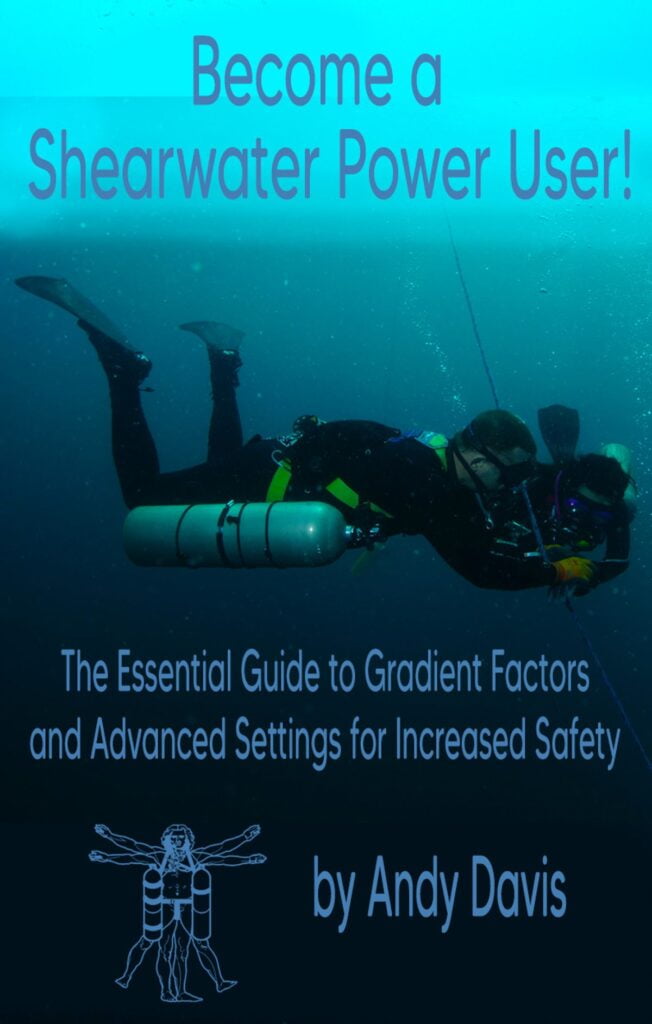

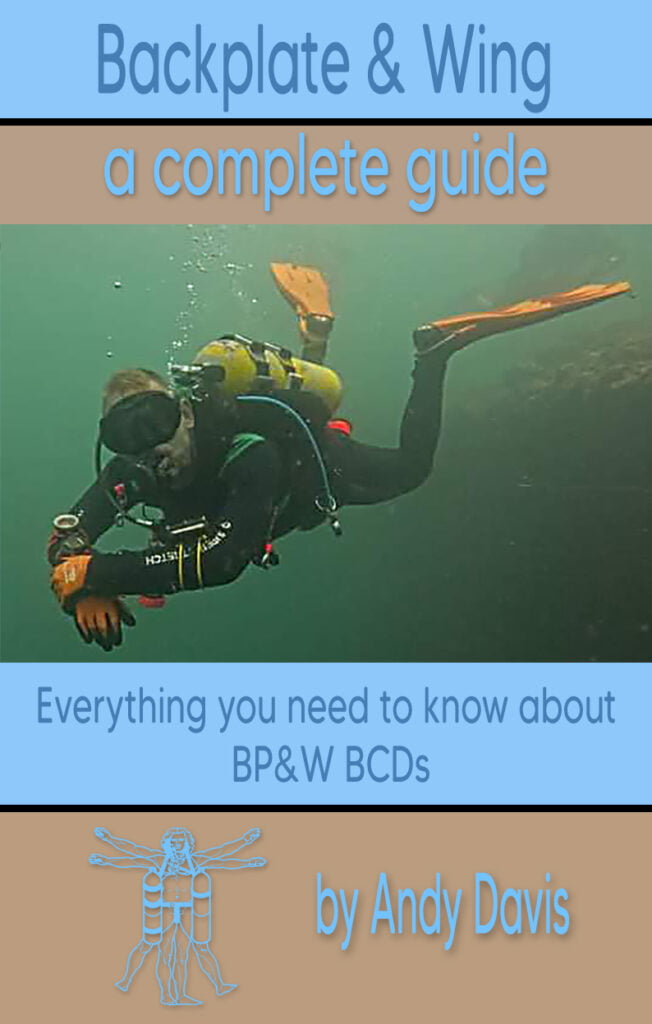
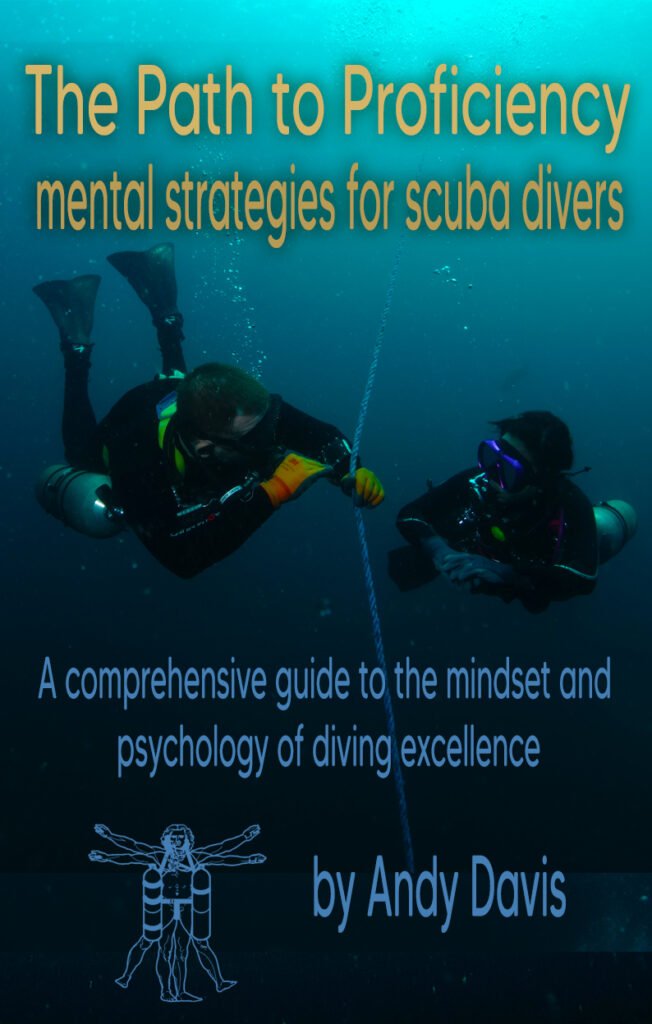
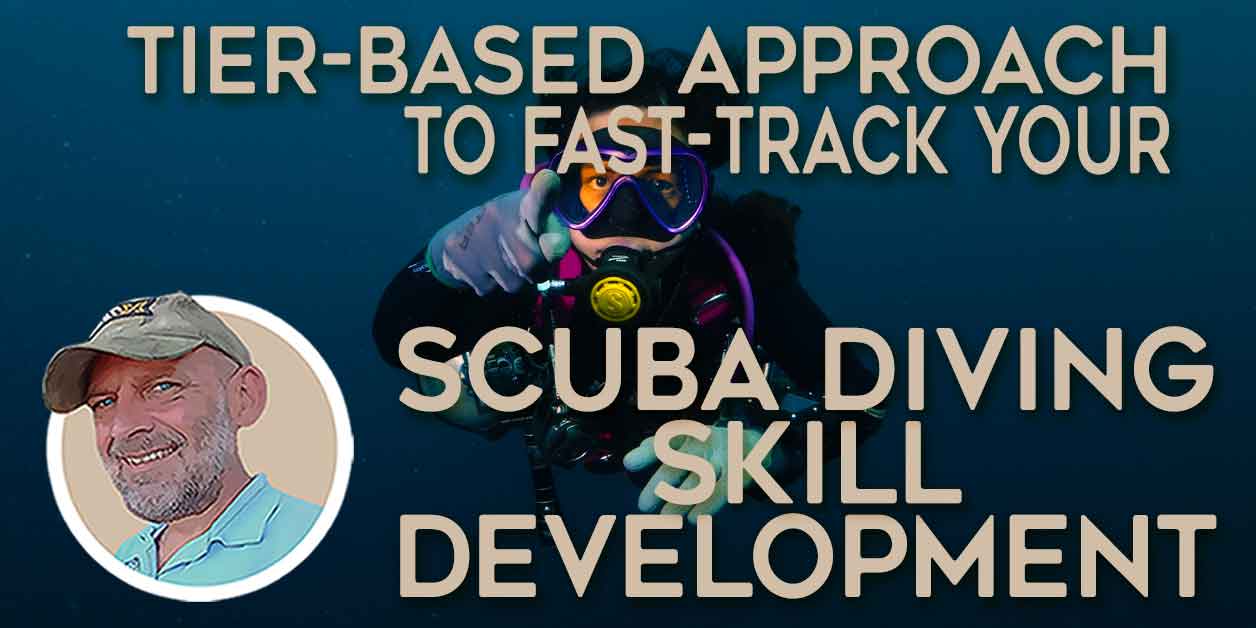
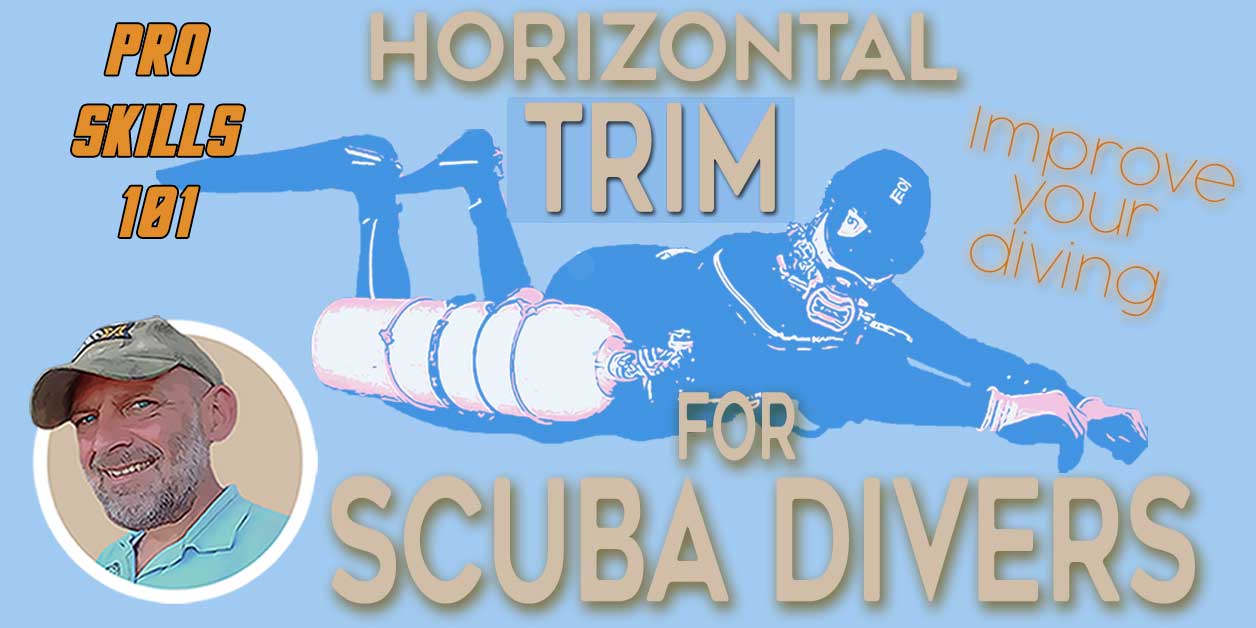
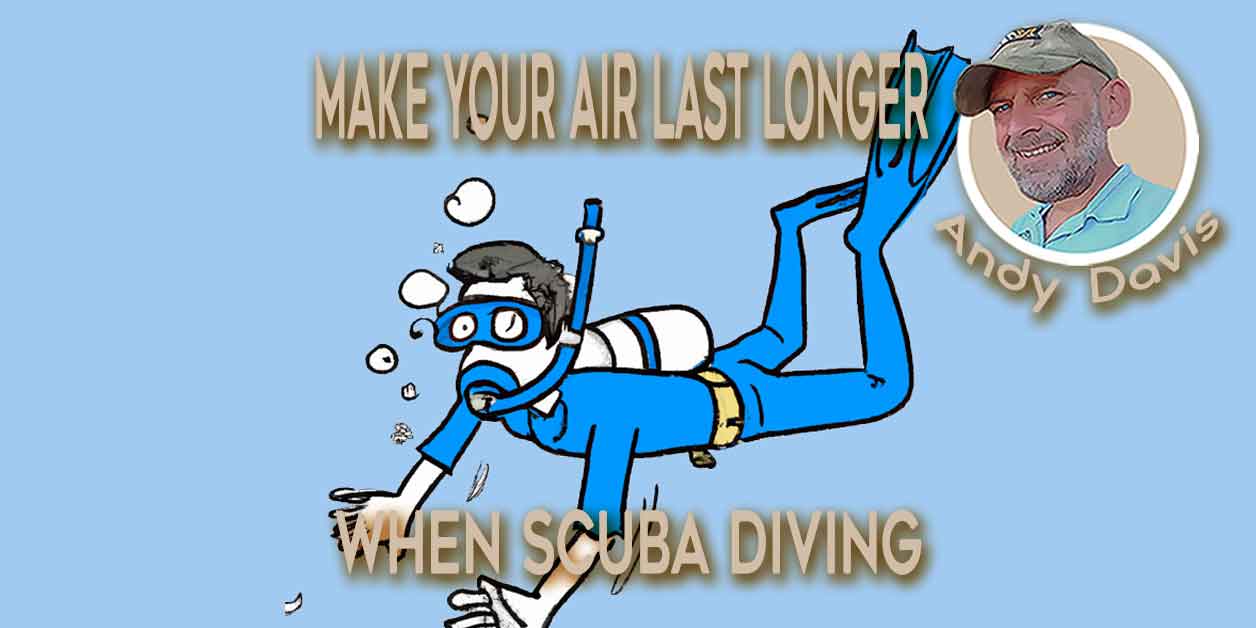
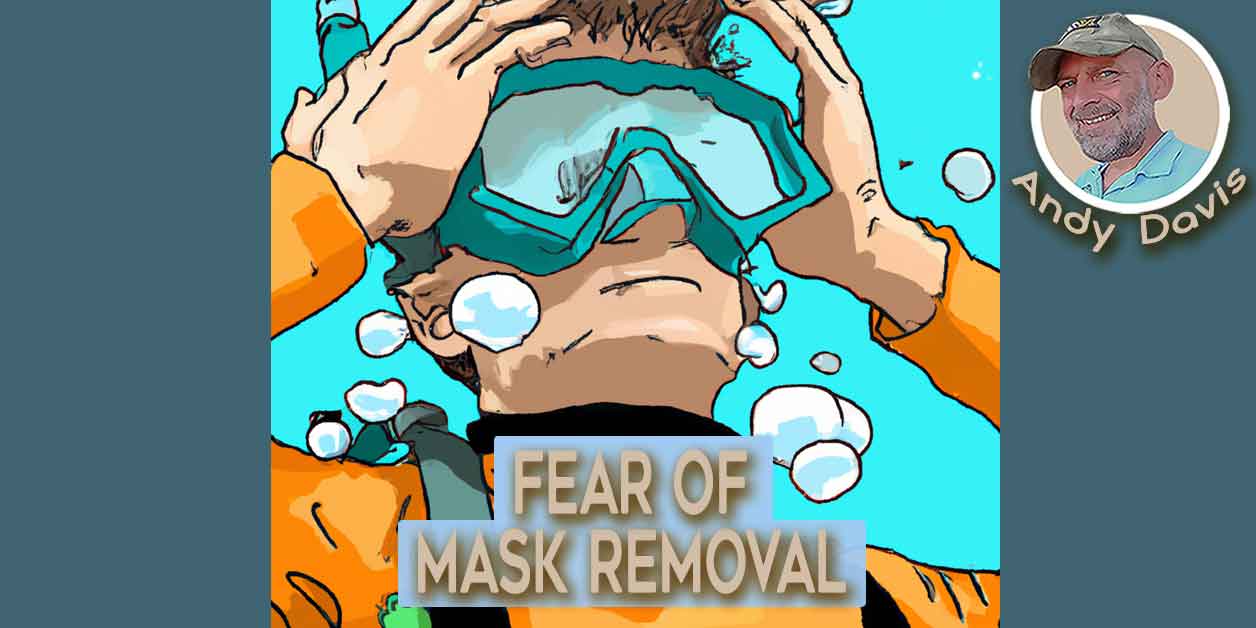
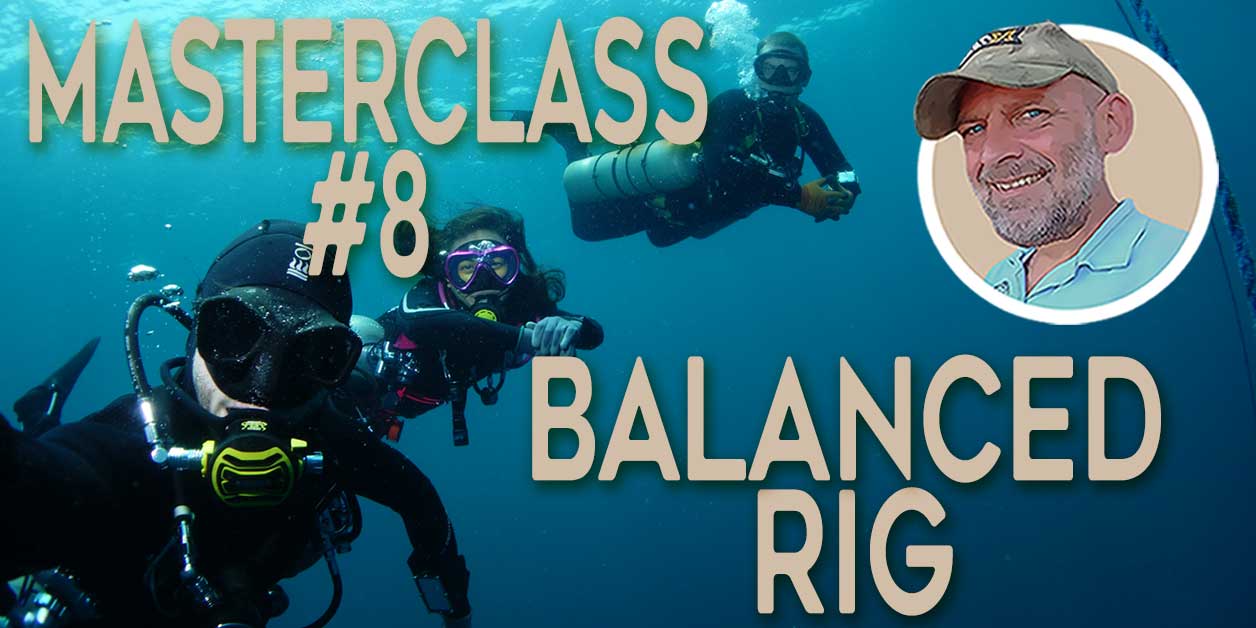
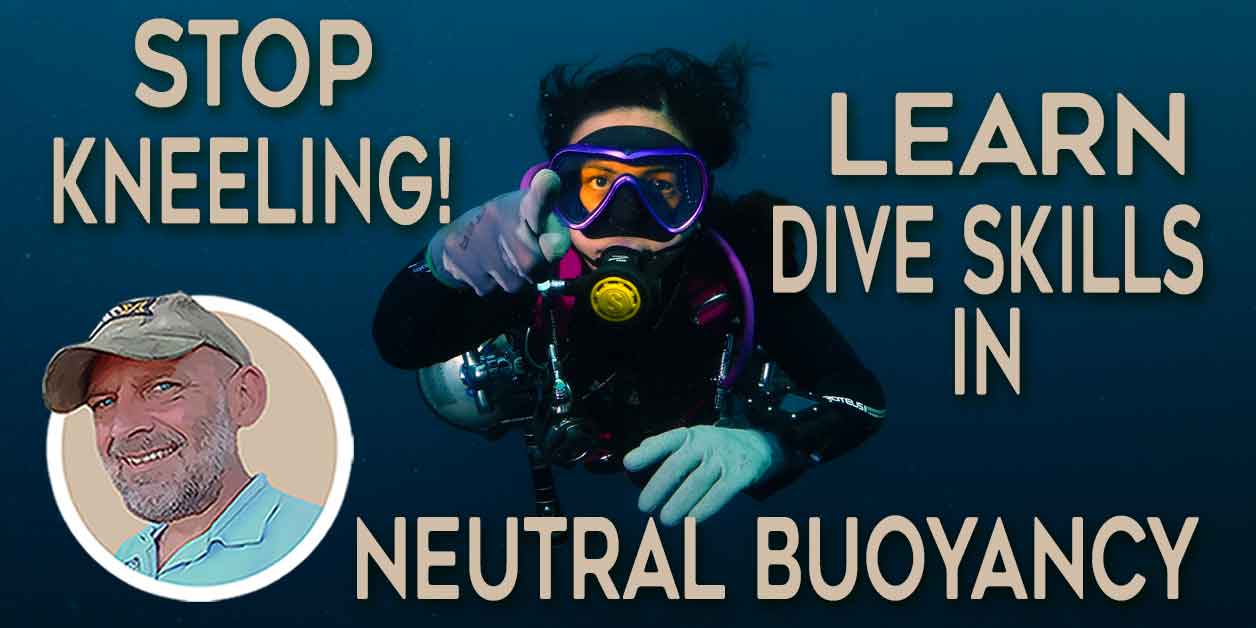
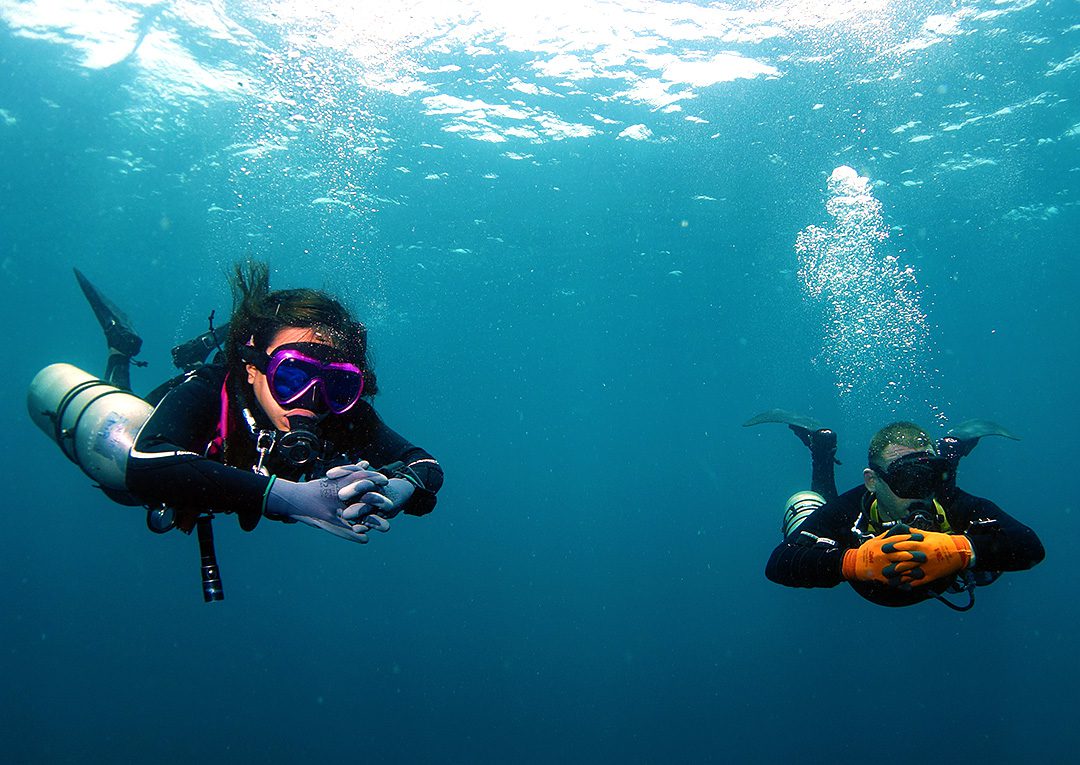

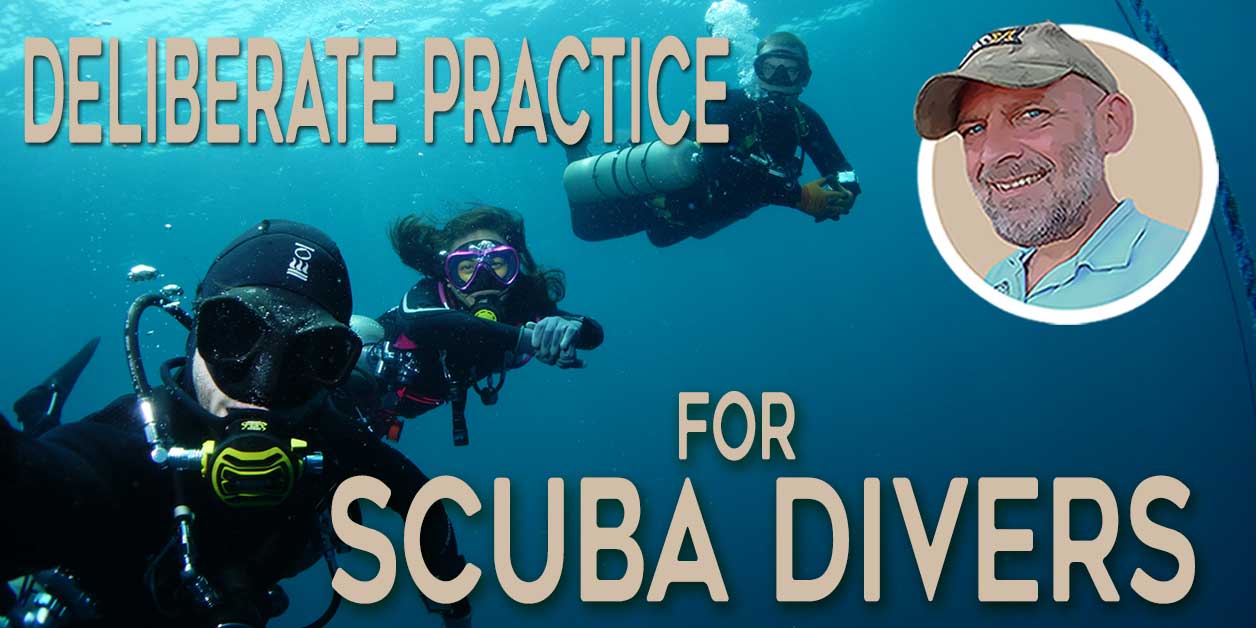
I enjoyed the tips given, the K.I.S.S system makes total sense. Simplicity regarding dive gear was a good point to make. Both the K.I.S.S system and Simplicity give me confidence.
I would have given this review a 5 star but having big thumbs I scrolled and hit the star and couldn’t change it.
Thanks for the advice